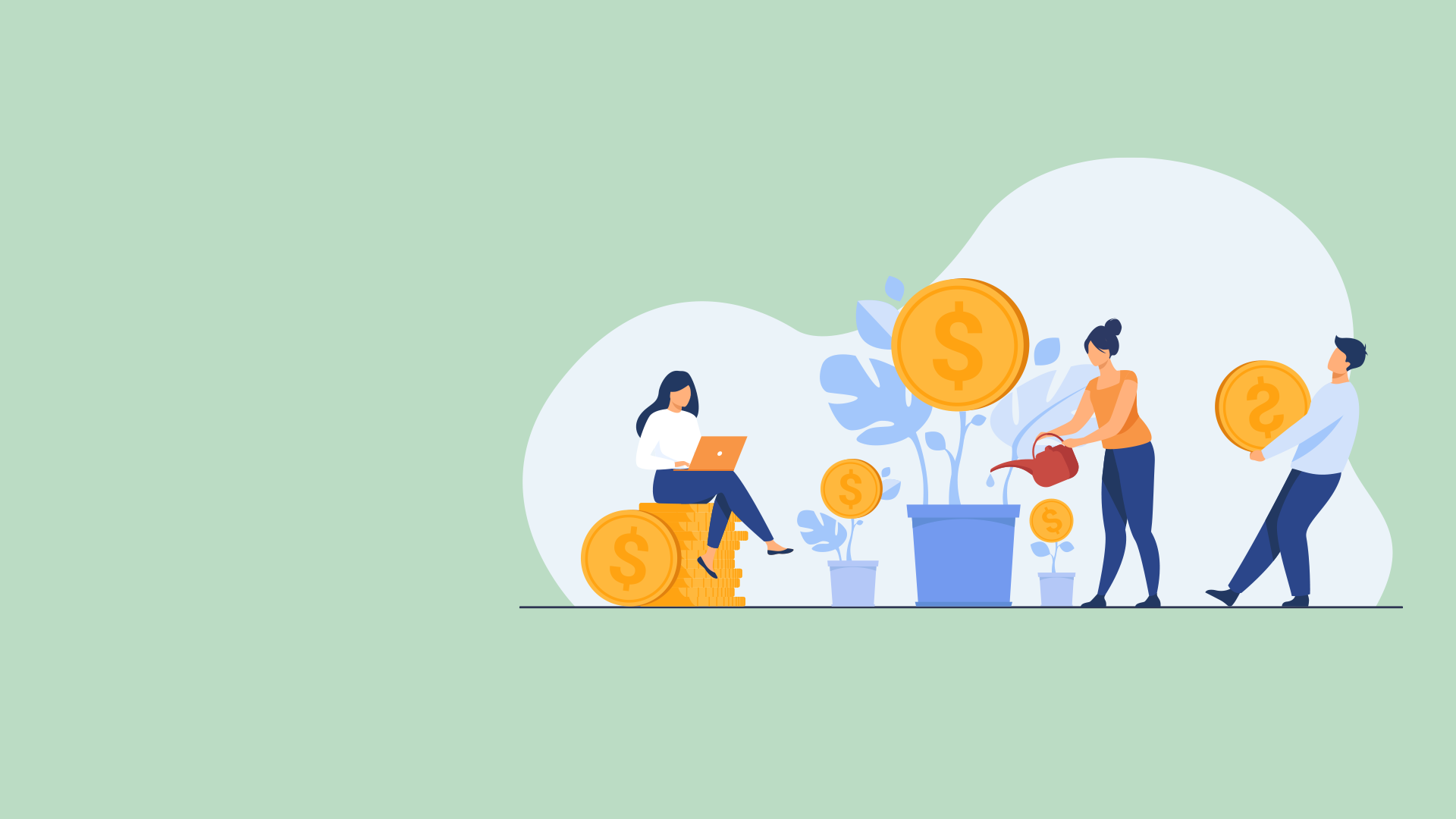We've all been there. It's the 16th of the month and you just had a blow out weekend. Dinner with friends, followed by some shopping and maybe you booked that bachelor party flight you've been putting off. You still have two weeks before you get paid but you know your bank account is close to E. So what do you do? Some of us will ignore it until we can't (we overdraft). Some will reluctantly head to our online bank account and give the balance a look through- $100 dollars left! How is that possible?? How is that supposed to last 10+ more days? I still have to pay my cable! Fffuuu******. And then very few of us will not go through this because we saved for that flight, we planned for the shopping spree and we included that dinner out in our monthly budget. We wake up after a good weekend and feel what we should, happiness. Not guilt because we lived above our means. Not anxiety because we didn’t know how we were going to get through the month. Just happiness because we just had a great weekend with friends and now we’re rocking our new Sabahs.
Ok so if this happens to you too often what can you do? You can start at square one. Budgeting. Yeah I said it. The word that people immediately think is restricting. The word that will take my weekend fun and morning coffees away. That’s not budgeting. That’s unrealistic planning. I’m here to tell you that it doesn’t have to be this way. I believe I first heard this from Dave Ramsey, “A budget is telling your money where to go instead of wondering where it went.” This resonated with me so much when I first started budgeting. I stopped feeling restricted and started feeling empowered when it came to my money. I was finally in control of my money instead of my money controlling me. That’s the feeling that I hope all of us can have when we think about our money. “I got this” “I know what I’m doing” “Yeah I’d love to go to dinner tonight” “Looking forward to the Miami bachelor party in a few weeks!”
So how do we get there? Well before we start talking budgeting plan and tips we first have to figure out one little thing. Do you spend more than you make? Or are you spending above your means. If you’re thinking this couldn't possibly be you, you’d be surprised. 75% of people are living paycheck to paycheck and the average family has $7,500 in credit card debt. Meaning they are spending more than they bring in. That’s a big problem and probably the number one reason why people can’t get out of the debt hole they dug themselves in. But as you can see, if this is you don’t worry, you aren’t alone. And it’s a pretty simple fix.
So how do I know if I spend above my means? Well there are a few easy ways to calculate this.
- First you could download your bank statements from last month.
- Add up how much income you brought in
- Then add up how much you had in expenses.
- Then subtract the two numbers. Boom your done.
If the number is positive, you are living below your means. If the number is negative then we have a problem.
A quicker way is to take your balance at the 30th of last month (or the last day before you got paid), add your paycheck to it then subtract your balance at the end of the month. The result is your total expenses. Subtract that from your paycheck and you’ll have your above means test.
Lastly you could just track your spending on tools like Personal Capital or YNAB and see how much your expenses were last month compared to your income.
Once we know this number then we can get on to tackling that taboo word- “Budgeting”. Sounds scary but trust me it’s not. It’s one of the most empowering tools you’ll have in your life... When you know how to use it correctly.
Next Steps
Looking for a creative way to start saving those extra dollars? Try the 100 day savings challenge. Read more about how to save $10k in 100 days .
Download our free sinking funds tracker and add it to your budgeting process today!
.svg)
